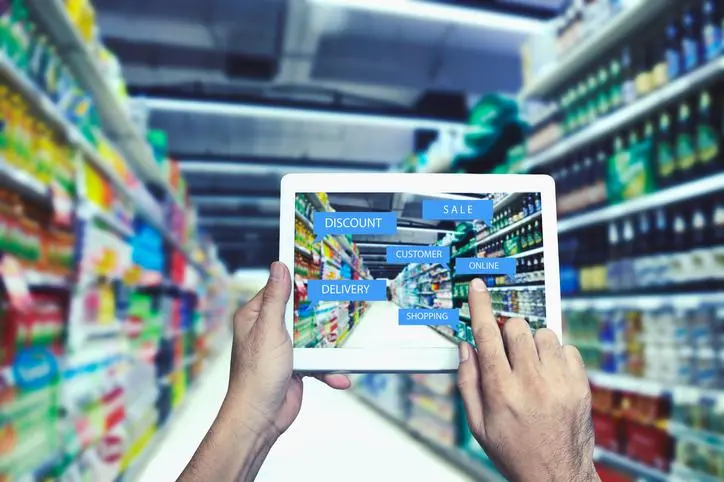
Consumer behavior in the UAE has evolved significantly with the advent of online shopping. Convenience is a major driving factor, with many consumers preferring the ease of browsing and purchasing products online over traditional in-store shopping. The availability of detailed product descriptions, reviews, and ratings online helps consumers make informed decisions, further boosting their confidence in e-commerce. Moreover, the COVID-19 Online Stores In UAE pandemic has accelerated the shift towards online shopping, as people sought to minimize physical contact and adhere to social distancing measures. This change in behavior is likely to persist, as consumers have grown accustomed to the convenience and safety of online shopping.
For businesses, the growth of online retail presents both opportunities and challenges. On one hand, e-commerce provides a platform for businesses to reach a broader audience beyond the confines of physical stores. This is particularly beneficial for small and medium-sized enterprises (SMEs) that may lack the resources to establish a widespread physical presence. Online stores enable these businesses to compete on a more level playing field with larger retailers. Additionally, the data generated from online transactions offers valuable insights into consumer preferences and trends, allowing businesses to tailor their offerings and marketing strategies accordingly.
On the other hand, the competitive nature of the online retail market requires businesses to continuously innovate and enhance their digital presence. User-friendly websites, mobile apps, and efficient logistics are crucial for providing a seamless shopping experience. Customer service also plays a vital role, as consumers expect prompt responses and resolution of issues. Businesses must invest in technology and infrastructure to meet these demands and stay ahead in the competitive e-commerce landscape.
The impact of online shopping on the traditional retail sector in the UAE is also noteworthy. While brick-and-mortar stores continue to play a significant role, there is a noticeable shift towards omnichannel retailing, where businesses integrate their online and offline operations to provide a cohesive shopping experience. Many retailers now offer options like click-and-collect, where customers can order online and pick up their purchases in-store. This approach leverages the strengths of both channels, combining the convenience of online shopping with the immediacy of in-store pickup.
Furthermore, the integration of advanced technologies like artificial intelligence (AI) and augmented reality (AR) is transforming the online shopping experience in the UAE. AI-powered chatbots and virtual assistants enhance customer service by providing instant support and personalized recommendations. AR applications enable consumers to visualize products in their own space before making a purchase, such as trying on clothes virtually or seeing how furniture would look in their home. These technological innovations not only enhance the user experience but also drive sales and customer satisfaction.
In conclusion, the online shopping landscape in the UAE is dynamic and rapidly evolving, driven by technological advancements, changing consumer behavior, and supportive government policies. The diversity of online stores, from global giants to niche platforms, offers consumers a wide range of choices and convenience. For businesses, e-commerce presents opportunities for growth and innovation, though it also requires continuous adaptation to remain competitive. As the UAE continues to embrace digital transformation, the future of online shopping looks promising, with new trends and technologies set to further enhance the retail experience.